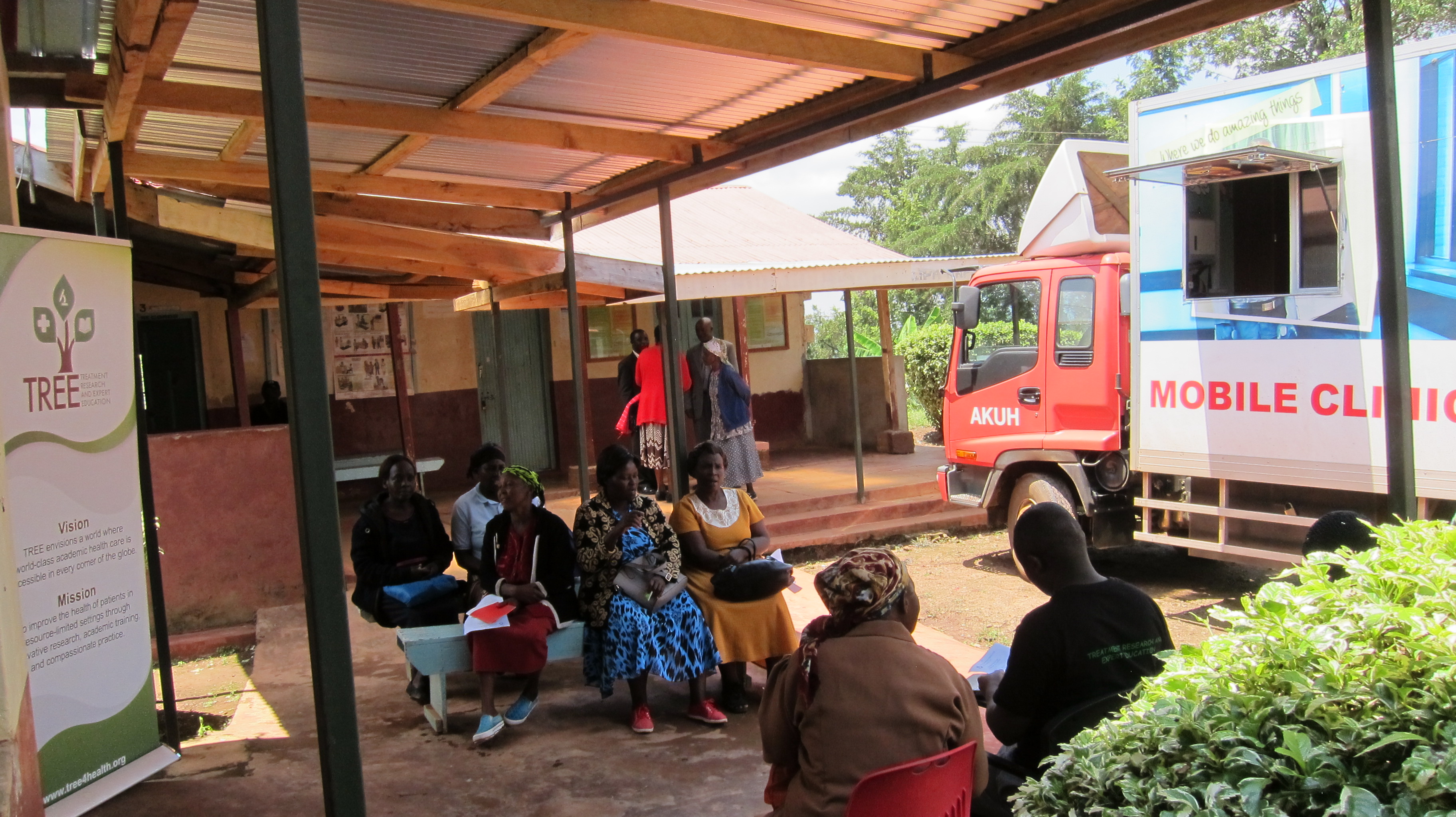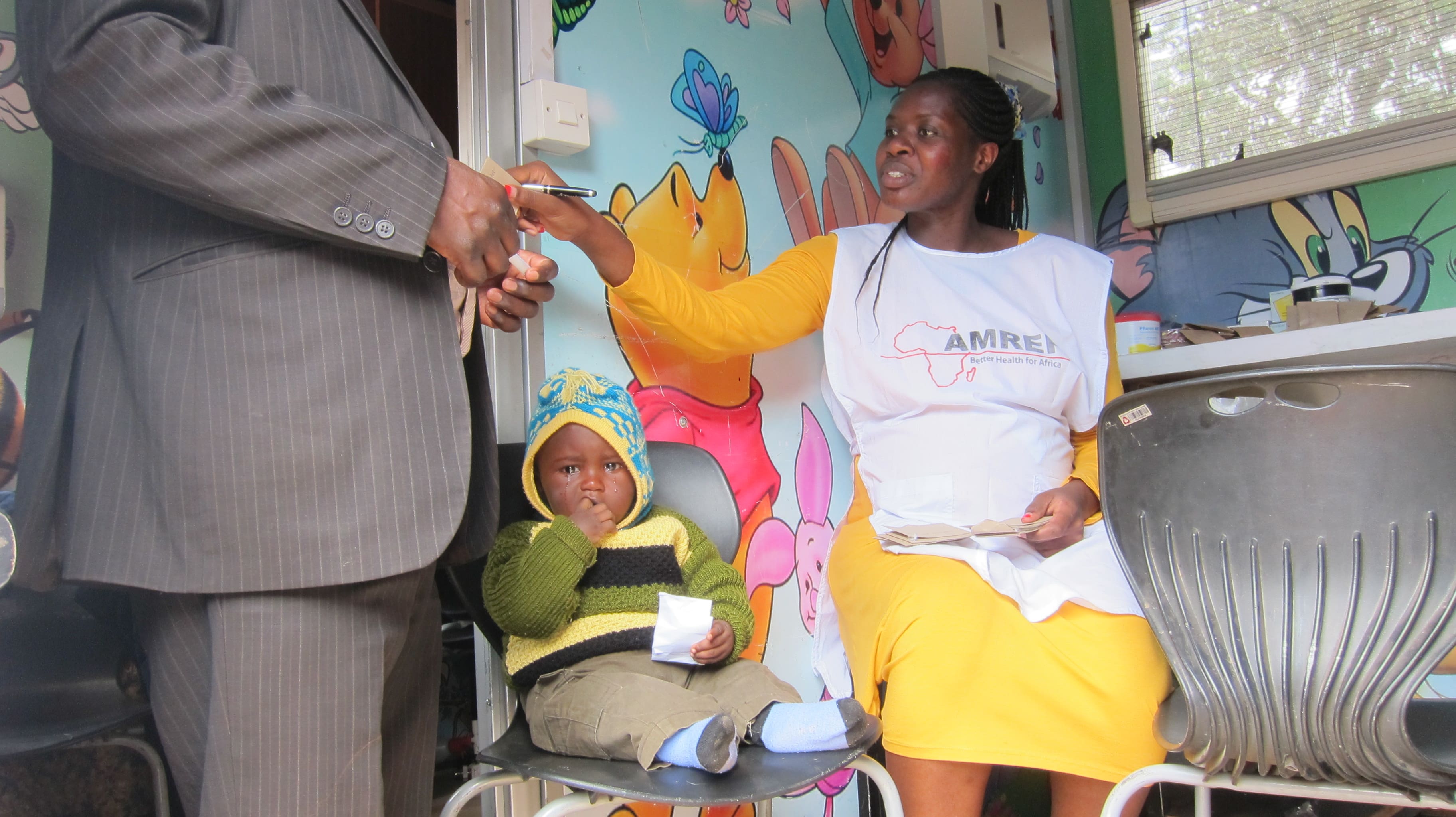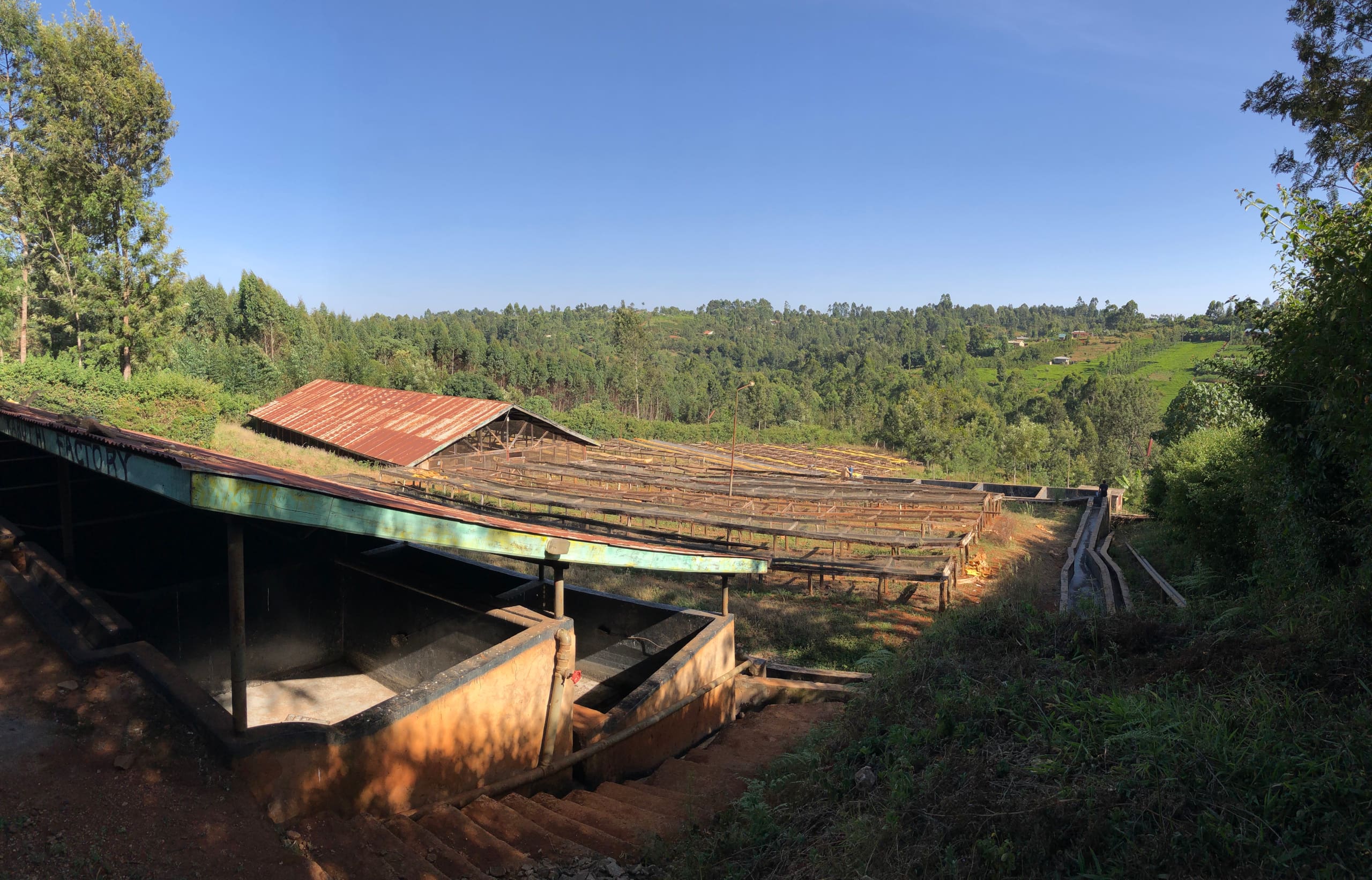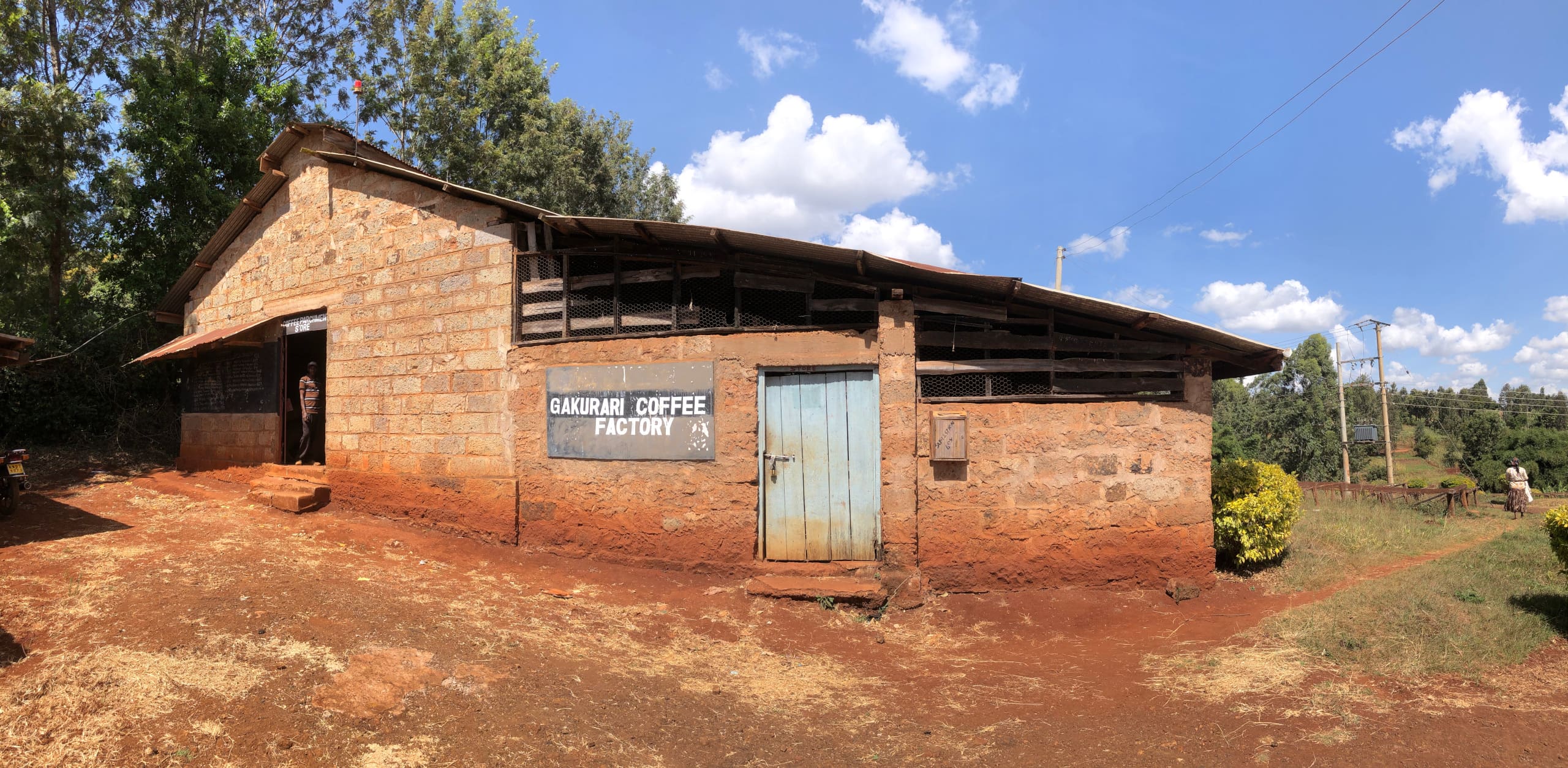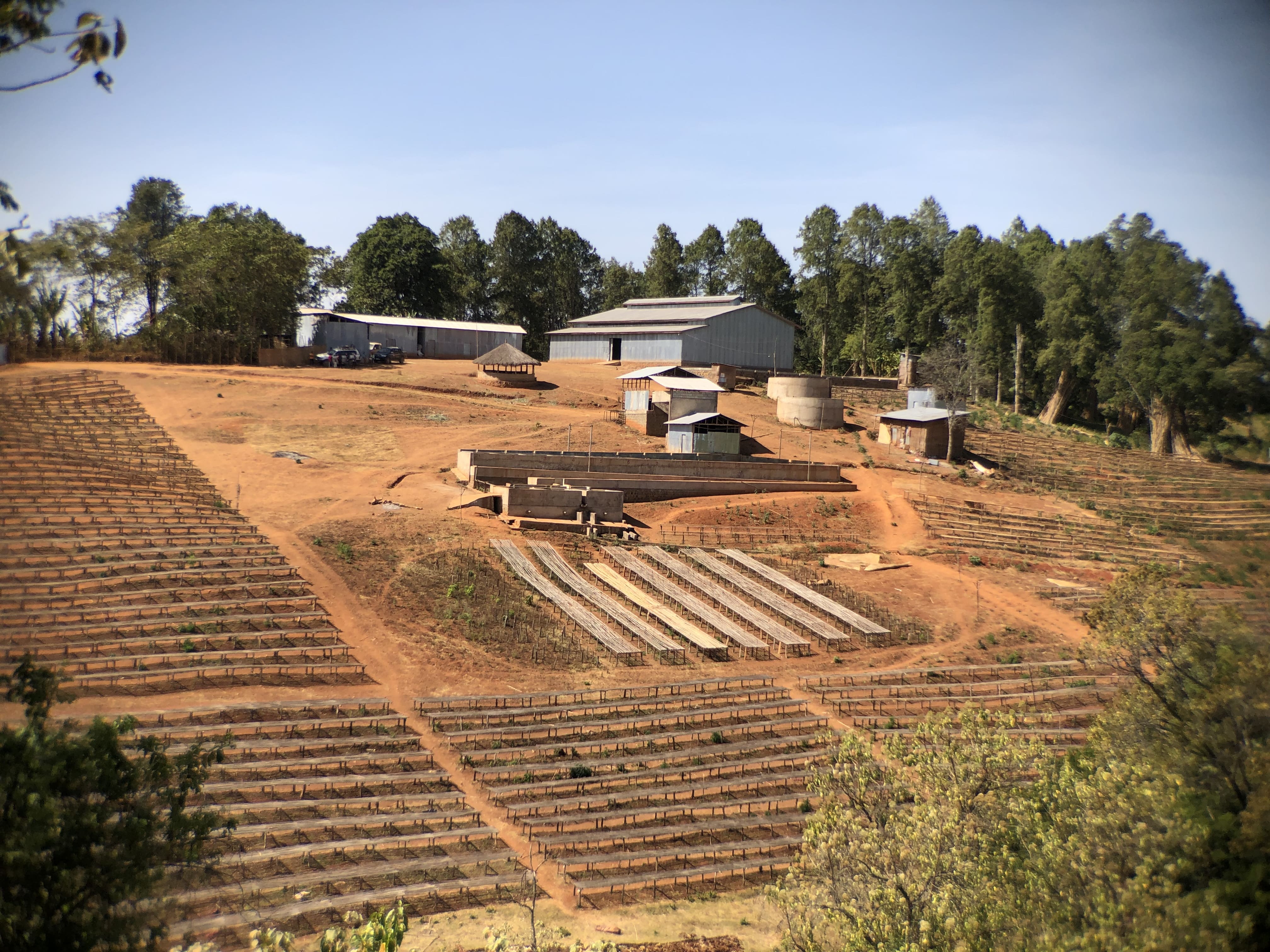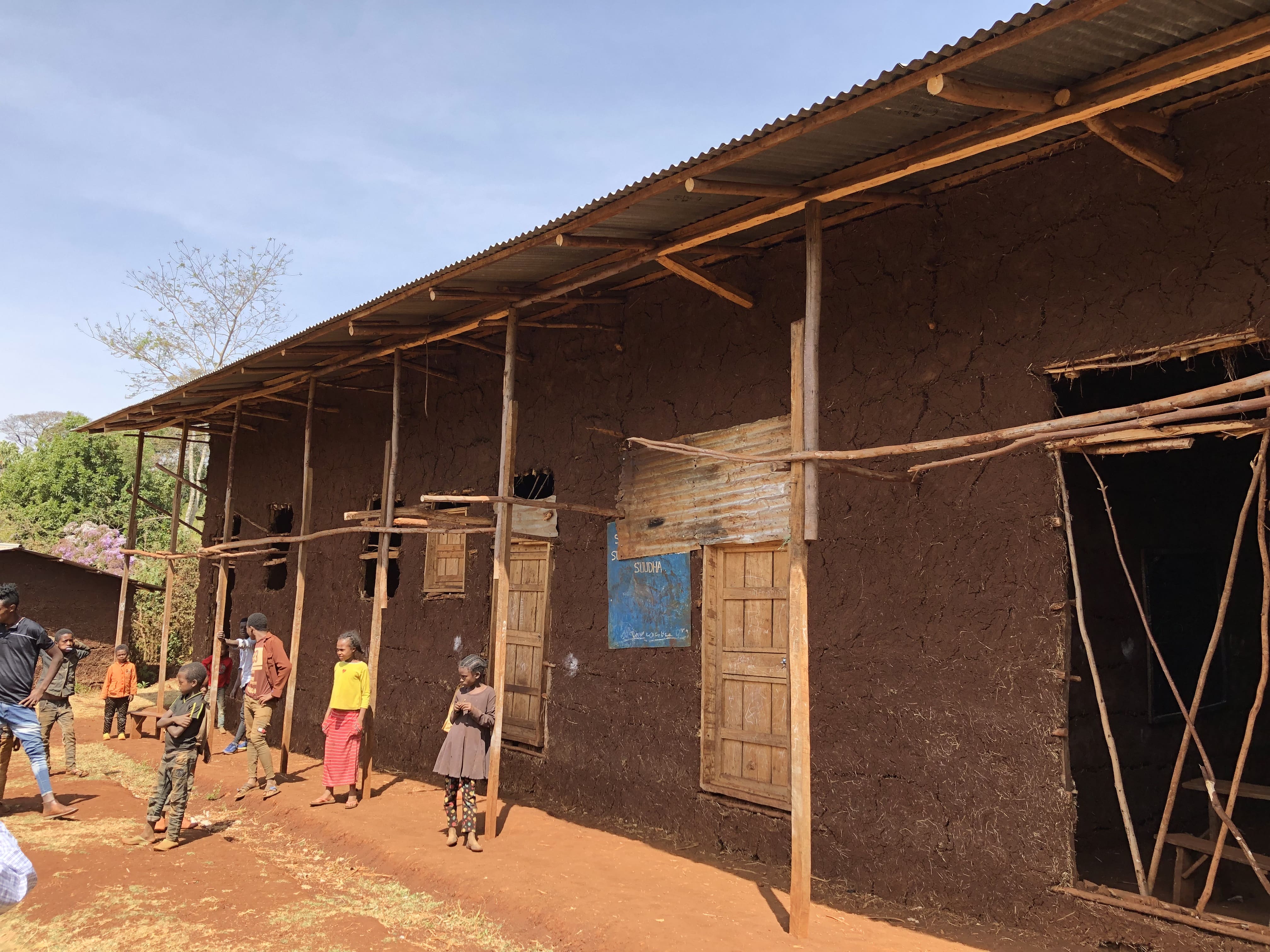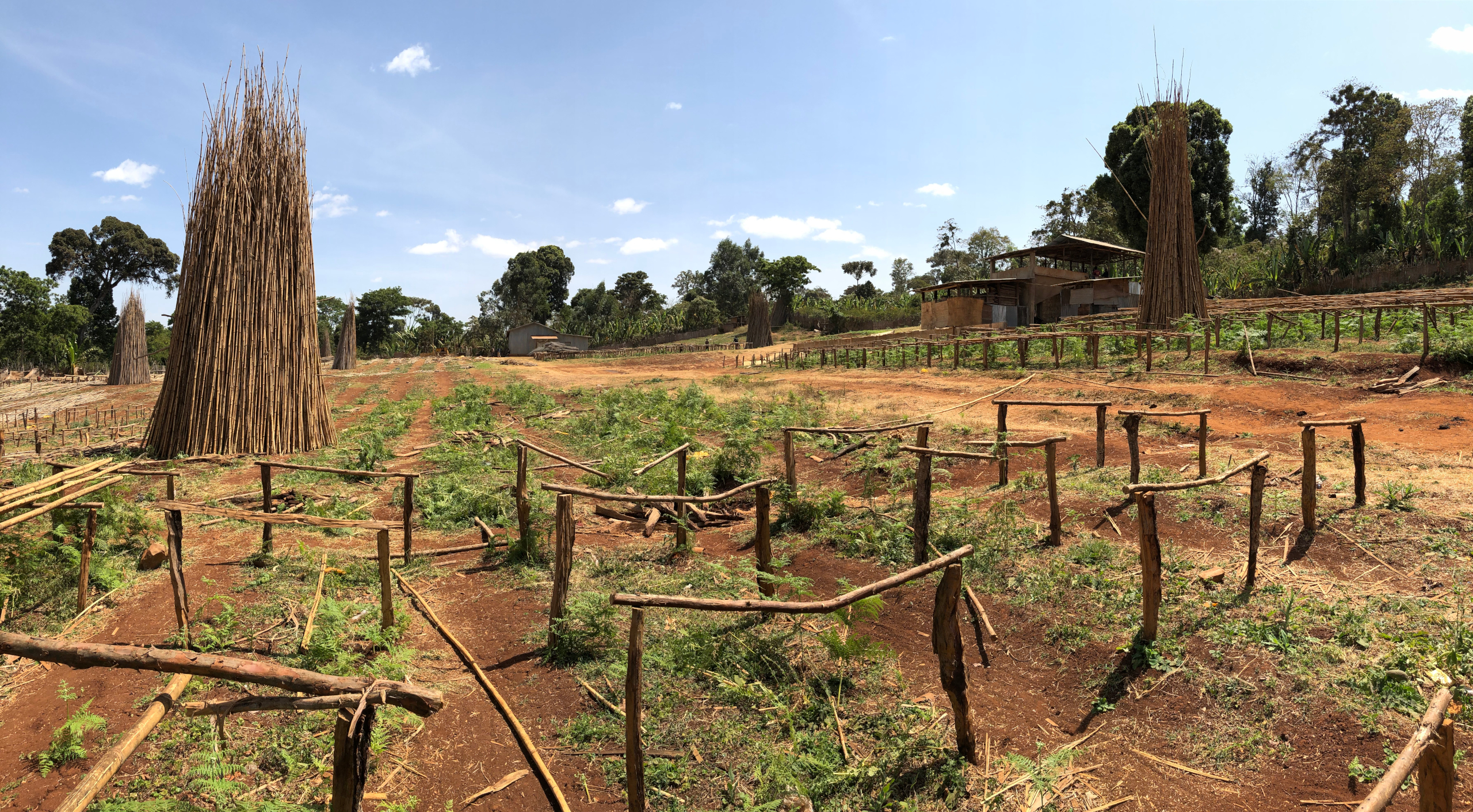Our February 2019 visit to Kenya and Ethiopia ended up being at the tail-end of the harvest season in both countries. It’s a fantastic time to cup available lots and explore new areas, with the peak of the crop coming through the dry mills and dry weather making for favorable driving conditions.
Day 1 in Kenya was spent cupping with Kenya Cooperative Coffee Exporters (KCCE) at their offices and warehouse in Nairobi. The bulk of Atlas’ current Kenya offerings are managed by KCCE and they are a wonderful liaison to the cooperative societies we work with. As in previous years, many of the lots that Atlas is purchasing in 2019 will be from member factories of Othaya Farmer Cooperative Society (FCS).
Hundreds of Othaya farmers have benefited from our Farmer Health Program (FHP) events thanks to funding support from Atlas’ buyers of Kenya coffee. In fact, this is a great opportunity to note that FHP earnings from Atlas Kenya sales in the second half of 2018 raised around $2,800! This is enough funding for three women’s health events with capacity to screen around 500 people total. The most recent event was in Karatina on February 23 and 120 women were screened!
Farmer wellness is a key component of sustainability in the coffee supply chain and we’re thrilled to be working with roasters who are eager to support the Farmer Health Program. Our visits with Othaya FCS grow warmer each year as farmers, factory managers and board members get to know Atlas and our clients.
While in Nyeri we spent some time at Othaya’s Gatuyaini HQ, as well as member factories Rukira, Karuthi and Kiaga. We learned that Othaya FCS makes a point of rotating factory managers from site to site periodically, so each factory can benefit from veteran personnel. Those following at home may remember Karuthi’s coffee as one of our rock star performers of 2018. Coincidentally, the previous manager of Mahiga factory (another fantastic Othaya member) is now managing Karuthi factory so we’re looking forward to more excellent quality in the coming years!
Although we’ve historically focused our buying on offerings from our suppliers in Nyeri County, coffees from neighboring Murang’a and Kirinyaga counties have frequently caught our attention on the cupping table. This year our minds are being blown by the quality of two Murang’a factories in particular: Gakurari and Githaiti. For location reference you can see the location of Gakurari relative to the location of Karuthi in Nyeri County. Gakurari is under Gatunyu Kigio FCS and has around 500 farmer members. Githaiti is under Karui FCS and has around 400 farmer members. KCCE provided picking and processing training to members of both factories in 2017 and 2018 which has no doubt contributed to the outstanding quality of their deliveries this year.
After four marvelous days in Kenya we moved on to Ethiopia, stopping first at the Neumann Kaffee Gruppe’s agency offices in the capital Addis Ababa. NKG has partnered with local exporter Moplaco to build a gorgeous café and roastery right in the mill complex. The café is open to the public, regularly hosts art exhibitions, and a portion of the mezzanine is utilized by small businesses as a co-working office space.
Pressing on down the highway towards Sidamo our first field visit was to Sibu Coffee’s washing station (WS) in the Dame Dabaye kebele (village,) located in the central Hambela area of Guji Zone. While Atlas has been working with Sibu Coffee for four years now, 2019 will be our first year buying from this particular site. Sibu’s WS in western Guji’s Guracho village has been a perennial favorite with both washed and natural-process coffees routinely topping our score charts. The Dame Dabaye profiles we’ve experienced so far have a more pineapple/grapefruit/guava tropical flair compared to Guracho’s limoncello and lavender. We’re very excited to be offering coffees from these two Guji sites this year and having access to washed and Naturals from each WS will make for some fun comparative cupping!
We learned on this trip that Sibu Coffee has been investing heavily in the development of local grade schools in both Guracho and Dame Dabaye kebeles. We were able to visit the school in Guracho to see the new metal roofs and concrete floors under construction. In addition to new roofs and floors in the schools, Sibu Coffee is also sponsoring new writing materials and books for the students and construction of new latrine toilets near the schools. Part of our purchase price for Guracho and Dame Dabaye coffees helps to fund these efforts but much more can be done, so stay tuned for new opportunities to support development efforts in Guji Zone.
On our last day in the field we visited two more of our favorite sites, Wuri WS in Kochere and Shara WS in Gelana Abaya. The coffee from Wuri was a spectacular hit in 2018 and we purchased it from our friends at BNT Trading not having visited the site. We were eager to get a closer look this year and arrived just as the staff were finishing dismantling the drying tables. Again, one of the few downsides of visiting Ethiopia in February is missing the bulk of the harvest and processing season, but the late visit can pay large dividends for buyers searching for gems on the cupping table. We benefited by finding Wuri this way in 2018, but our next visit will likely be later this year in order to have more time with farmers and processing.
So far 2019 Ethiopia & Kenya shipments are off to a fantastic start. We’ll be seeing our first washed Guracho arrivals on east & west coasts in early May, and first Kenya arrivals to the west coast in early May as well. As of this publishing date most of our purchases have been confirmed but we’re still picking out some Kenya gems for slightly later shipments. Keep an eye on our offer lists and social streams for updates!
